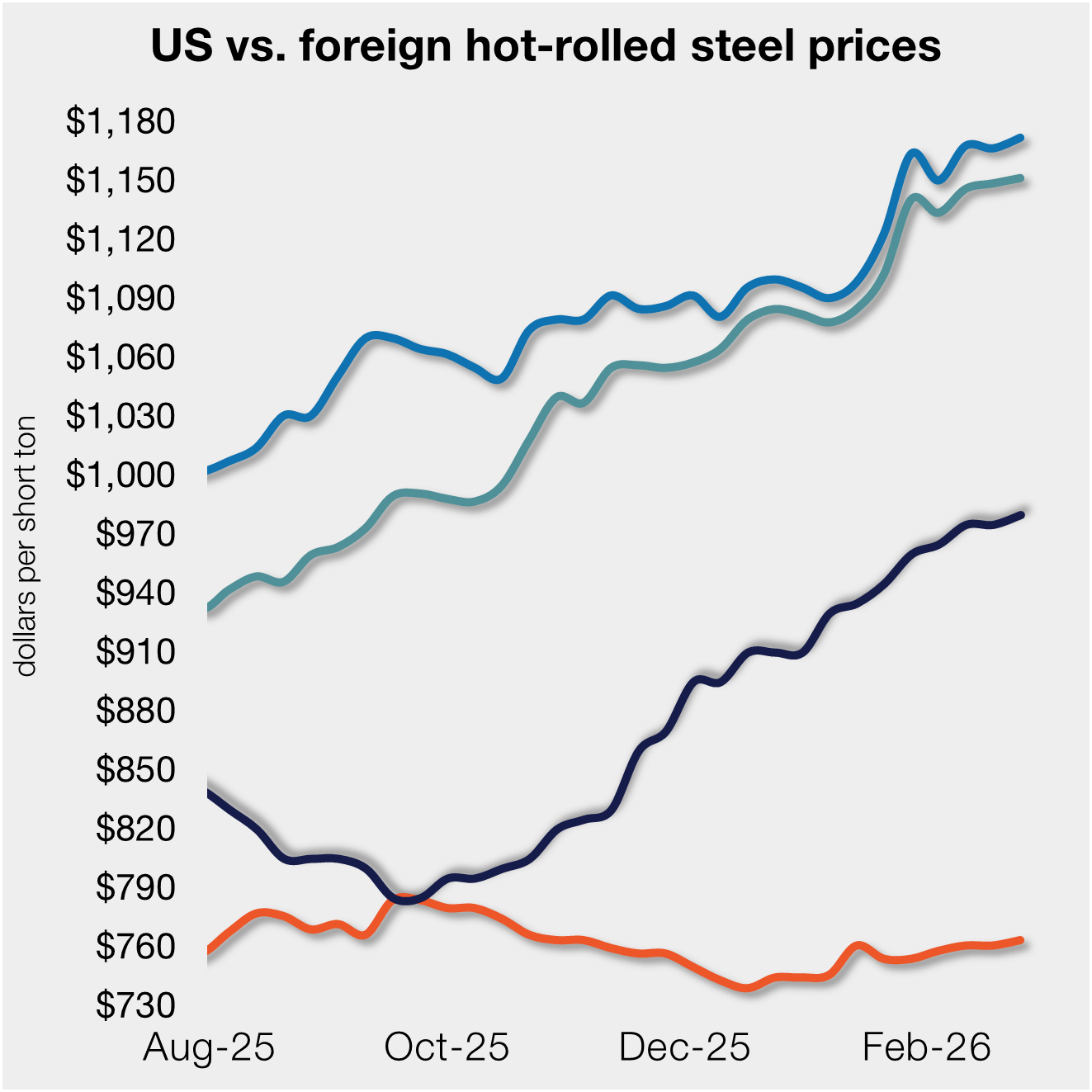Prices

April 30, 2019
Trump Decision to Strong-Arm Iran Drives Oil Prices Up in Near-Term
Written by Tim Triplett
By CRU Cost Economist Ross Cunningham
Six months ago, the U.S. surprised the oil market by making a U-turn on its previous decision to impose sanctions on Iranian crude by providing six-month waivers to the eight biggest buyers. These waivers were one of the key reasons leading to oil prices falling by ~30 percent from $73/bbl in November 2018 to $52/bbl in December 2018.
Brent crude prices rose to a five-month high of $74.50/bbl on April 22 after the U.S. announced they will not renew the exemptions for the largest buyers of Iranian crude after they expire on May 2. We were surprised by the timing of the tightening. We had previously thought the waivers would have been renewed, albeit to a lesser extent. The decision not to renew them will have profound effects on the oil market as well as those having to look for new crude deliveries.
What’s the impact on Iranian crude buyers? China, India, South Korea, Japan and Turkey will have to find alternative crude oil or face being cut off from the U.S. financial system. While most of the Asian nations had gradually moved away from Iranian oil, they are still likely to be the worst affected. When crude prices rise, currencies of import-dependent nations may weaken, and inflation could accelerate. On top of that, finding replacement crudes of similar grades can be difficult. Iranian heavy and Iranian light have relatively high sulphur and moderate density (API). The desired product will determine whether refineries will have any issues with changing crude. Some refineries are set up specifically for that crude grade, posing the need to find similar crude as replacements, raising logistical issues and costs.
What’s the Effect on the Market?
With continued supply disruptions in Venezuela and Libya as well as production cuts from OPEC+, the oil market was already considerably tight, leading to a price rise of almost 30 percent in Q1 2019. The decision not to extend the waivers will make an already tight physical market considerably more constrained. We could see prices move towards $80/bbl over the next few months before the next OPEC+ meeting in June.
Who Can Make Up Lost Iranian Barrels and What Does this Mean for the OPEC+ Deal?
Continued discussion between the U.S. and Saudi Arabia has been pivotal in the decision not to extend the waivers. The Saudis will coordinate with fellow producers to keep adequate supplies available ensuring the oil market “does not go out of balance.” It is likely that we see much less supply discipline from OPEC+, particularly Russia. Saudi Arabia raising production to meet lost oil will not sit well with the rest of OPEC+. Persuading the rest of the cartel nations to limit their production as they raise theirs is a tough sell. The next OPEC meeting is set to take place in June. The supply cuts may be reduced significantly, depending on how well Iranian crude is fed back into the market, supply discipline from other crude producers as well as inventory levels.
Near Term Set for Volatility
U.S. waivers on Iranian crude have been a powerful influence on oil supply since November 2018 and, subsequently, prices. Following the decision not to extend the waivers on May 2, we are likely to see considerable price volatility as the market impacts become clear. As the market was tight prior to the announcement, we could see prices reach the $80/bbl mark before the next OPEC meeting takes place in June.







